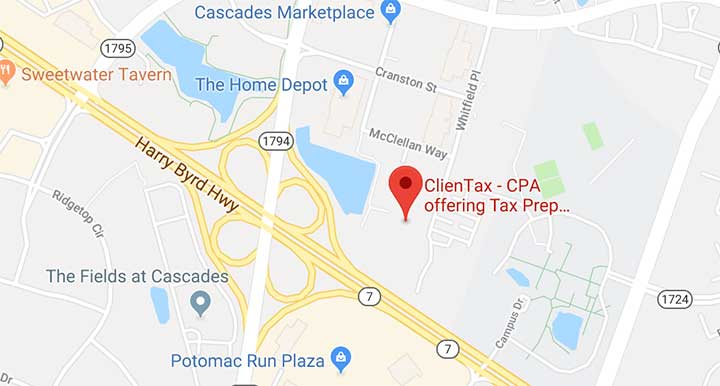The LLC tax loophole has given companies the chance to lower their tax rate by operating as an LLC instead of a C-corporation or S-corporation. An LLC, or limited liability company, offers liability protection to its owners, which means that an owner’s assets can’t be seized in case of bankruptcy.
The loophole allows companies to avoid paying taxes on certain profits by using it as a pass-through entity. The profits are then passed down to the owners and taxed at the individual rather than at the corporate level. So, what exactly does this mean for you and your company?
The LLC Tax Loophole Explained
LLC stands for limited liability company. This means that, as a corporation, an LLC offers limited liability protection for its owners (i.e., it protects them from personal responsibility for business debts and liabilities). It also means that an LLC can be taxed either as a corporation or as a partnership (like sole proprietorships and general partnerships).
Many businesses prefer to organize as an LLC because of its flexibility and lack of corporate formalities. As long as your business is organized correctly, an LLC allows you to do business under your name without having to register with your state government or publish minutes of board meetings.
The limited liability status of an LLC comes with limits, however. Unless you take specific steps to avoid it, an LLC will be treated as a sole proprietorship or partnership for federal income tax purposes. This means that if your business has two or more members, it will not receive any special treatment under Internal Revenue Code (IRC) § 704(b).
Instead, each member of your company will report their share of company profits and losses on their tax return and be liable for self-employment taxes (i.e., Social Security and Medicare taxes).
The IRS calls an LLC that has a single member a disregarded entity. This means that it’s treated as a sole proprietorship for federal income tax purposes, with its own rules and requirements. For example, they don’t take advantage of any special pass-through treatment. Instead, they’re subject to all of the rules and restrictions that apply to sole proprietorships (which are relatively few).
Can Employees Use LLC Tax Loophole?
You bet! If you’re an employee who’s taking a legitimate expense for your small business, you can use that deduction. The Tax Cuts and Jobs Act has not changed much about employee deductions. If you have an expense as a sole proprietor or partner that qualifies as an above-the-line deduction (meaning it can be deducted even if you do not itemize), then it should also qualify for an employee deduction.
As a sole proprietor, you can also take expenses on your Schedule C as an itemized deduction, but that’s generally not worth it unless you have more than $5,000 in eligible self-employed business expenses.
You can’t itemize deductions as an employee, but you may be able to take them if you are a sole proprietor or partner. Whether or not you can deduct your business expenses depends on whether they fall into two categories: above-the-line deductions and itemized deductions.
Have more questions? Call us at 703.348.6171
Categories: LLC Taxes



